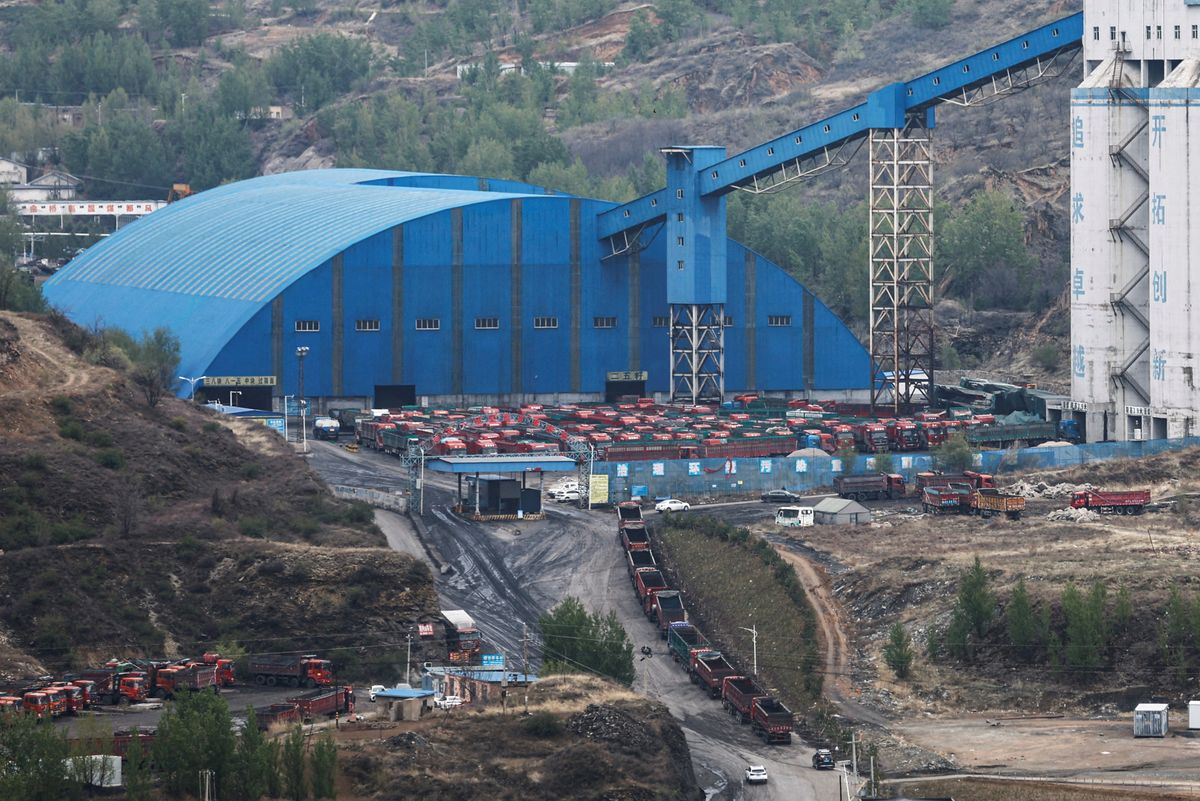China's growing LNG market and long-term contracts
Liquefied natural gas (LNG) has become a game changer in the energy sector.

A few minutes every morning is all you need.
Stay up to date on the world's Headlines and Human Stories. It's fun, it's factual, it's fluff-free.
The backstory: Liquefied natural gas (LNG) has become a game changer in the energy sector. It's a compact and easy-to-transport form of natural gas, achieved by cooling it to extremely low temperatures. This shrinks its volume and makes it easier to handle. It also emits fewer greenhouse gases and pollutants compared to other fossil fuels, making it a more sustainable energy option. China, in particular, has recognized the potential of LNG and has made moves to secure long-term contracts for its supply. LNG also has a steadier price than gas, which skyrocketed in price after the Ukraine war.
Energy security has always been important to China, which is focused on diversifying its energy sources into the future. China wants to build a strong and reliable energy system, reducing its reliance on spot deliveries and embracing a mix of energy sources. In 2021 alone, China signed 22.7 million metric tons worth of LNG term contracts. That's a 516% increase from the previous year, according to the CNPC's Economics & Technology Research Institute.
More recently: Last month, China National Petroleum Corporation signed a massive 27-year deal with Qatar. Meanwhile, ENN Energy Holdings secured its own long-term contract with US-based Cheniere Energy. And there's more to come. Chinese companies are currently engaged in negotiations with international suppliers, including discussions with the US and potential investments in Saudi Arabia. According to financial analysts, China is also planning to build around 12 new import terminals along its coast to accommodate the surge in LNG imports. By 2033, they're projected to rise as high as 138 million tons.
The development: According to Bloomberg, China is on track to become the world's top importer of LNG by 2023. The world's second-largest economy has been consistently outperforming other nations, securing those long-term LNG deals for three years in a row.
But China doesn't want to stop at just importing gas. Beijing is urging its energy giants to ramp up gas production within the country. According to insiders, China wants to become more self-sufficient by slashing drilling costs and boosting domestic production.
Key comments:
"Energy security has always been a priority for China," said Toby Copson, global head of trading and advisory at Trident LNG in Shanghai. "Having ample supply in their portfolio allows them to manage future volatility. I would expect to see more."
"Given that new pipelines are being discussed but have yet to be finalized, Chinese buyers are still looking to secure supplies" from the LNG market, said Michal Meidan, head of China Energy Research at the Oxford Institute for Energy Studies.
"Currently, over half of China's LNG demand from 2030 to 2050 remains uncontracted," said Rystad analyst Xi Nan.
"Larger and more established buyers typically possess greater negotiation power compared to smaller or emerging players," said Rystad analyst Xi. "Continuing to sign long-term contracts is a logical decision."




Comments ()